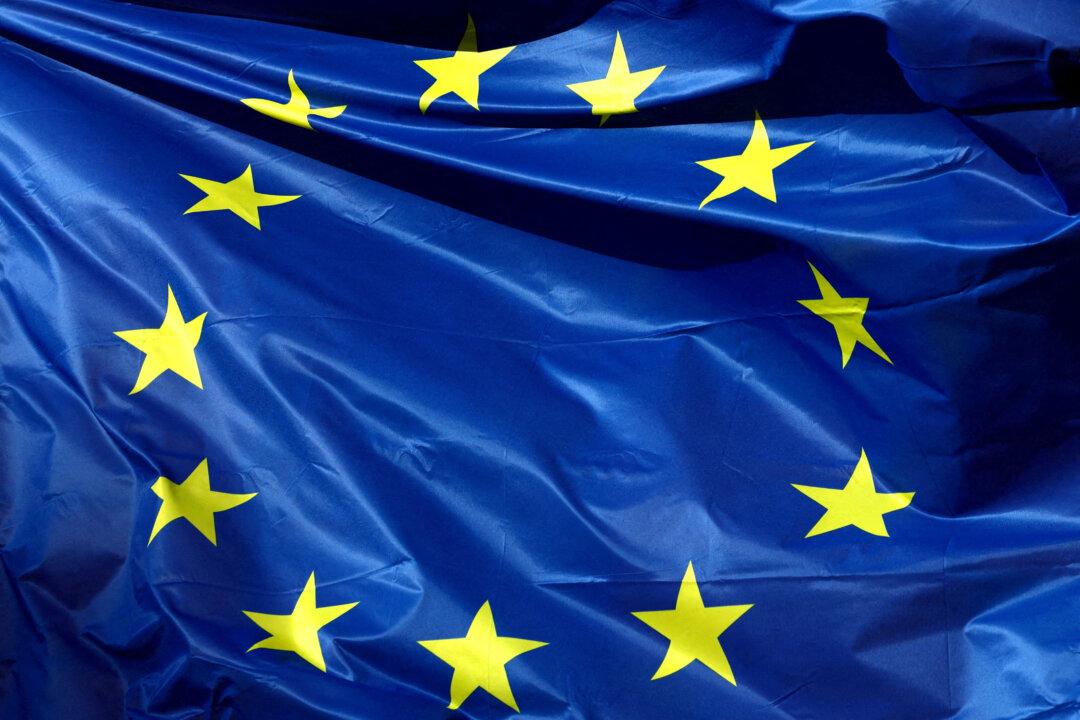The Chinese Communist Party’s (CCP) foreign policymakers see Donald Trump’s tariffs as dangerous, but not insurmountable, according to the Australia Institute.
But while attention has been focused on Beijing’s response to Washington, there have also been efforts by the CCP to strengthen ties with Europe and Russia.





